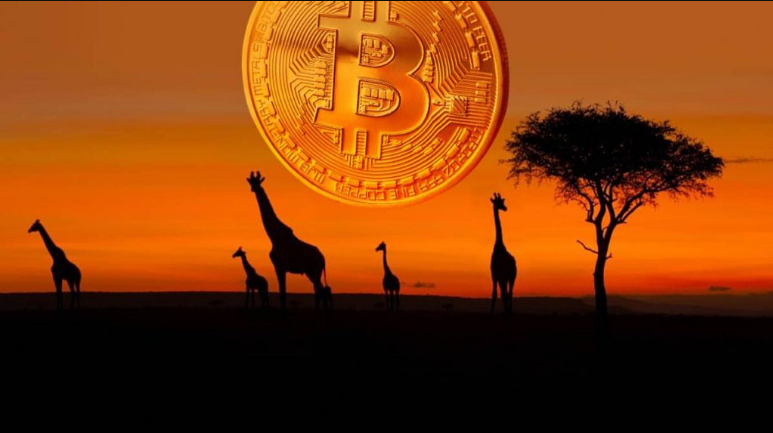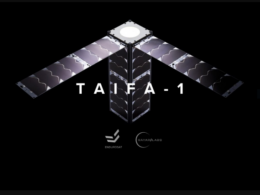
The African continent heavily relies on traditional financial systems to power its development agenda. The system however is not as efficient and robust as newer systems that are common in first class economies because they are riddled with issues like poor accounts management, lack of transparency, insecurity, lack of privacy, inflexibility and long queuing time before getting access to server resources that are not that fast among many other issues. African countries form a majority of the countries with a heavy debt burden as some countries like Zambia in the past have engaged with their creditors to discuss delays in debt payment, a move that saw its credit ratings reduced by S & P Global Ratings. Many African countries are facing significant challenges in meeting their commercial obligations. The recent pandemic has made the economies take a turn for the worst. To effectively compete with first class economies, Africa needs to embrace technology especially blockchain to bring about efficiency, autonomy, new revenue streams, security and global lightning speed transactions.
According to a recent report, Bitcoin, a decentralized digital coin – cryptocurrency, is on its way to becoming Africa’s currency of choice when transferring value across borders and continents. This report comes barely 3 months after the conclusion of the inaugural Africa Bitcoin Conference that took place between the 5th and 7th of December 2022 in Accra, Ghana. Jack Dorsey, the founder of Twitter, is one of the notable players that is pushing for crypto adoption in Africa with his Bitcoin-focused payment company, Block. Mr. Dorsey was also one of the presenters at the African Bitcoin Conference and according to the report his presentation has made a huge impact. Mr. Dorsey went ahead to comment how Bitcoin helped money lost in recent street-protests in Nigeria where the Nigerian Government made a move to use banks to stop protesters from receiving money. This is a very good example of how blockchain technology gives users the ability to maintain their own economic autonomy away from governments.
This adoption push into Africa is said to offer an alternative to the prevailing negative narrative around bitcoin where regulators are very eager to crack down on it and associated technology. Alternatively, the mass adoption will bring financial power to the people who would otherwise have none. With many problems facing the continent, Africa is well suited for a decentralized currency like Bitcoin. Many residents in the continent are unbanked making the national fiat currencies no longer safe in storing value. The countries also heavily rely on remittances to contribute to their (GDPs(Gross Domestic Product). This strategy could collapse the continent nations if sanctions were to be applied in the African economy because it will cut off access to the global economy. A virtual currency however, does not require an intermediate authority to approve transactions therefore, providing a vital lifeline for survival.
Other notable figures also commented about the ability of Bitcoin to facilitate cross-boarder transfer of value as Bitcoin can now be used almost everywhere in the world. While giving perspective, Mike Brock – the CEO of TBD, said that it is now possible to US Dollars for Bitcoin and then Bitcoin for The Brazilian Rial. He also commented that when Bitcoin is used to facilitate payments, the price becomes irrelevant. TBD is a business unit under Block. Mr. Brock also said that Bitcoin is far much better than traditional mobile money systems as they face interoperability and regulatory issues when money is sent across borders. While concluding his presentation, he made remarks that with internet access, you can settle payments and governments can do nothing about it.








